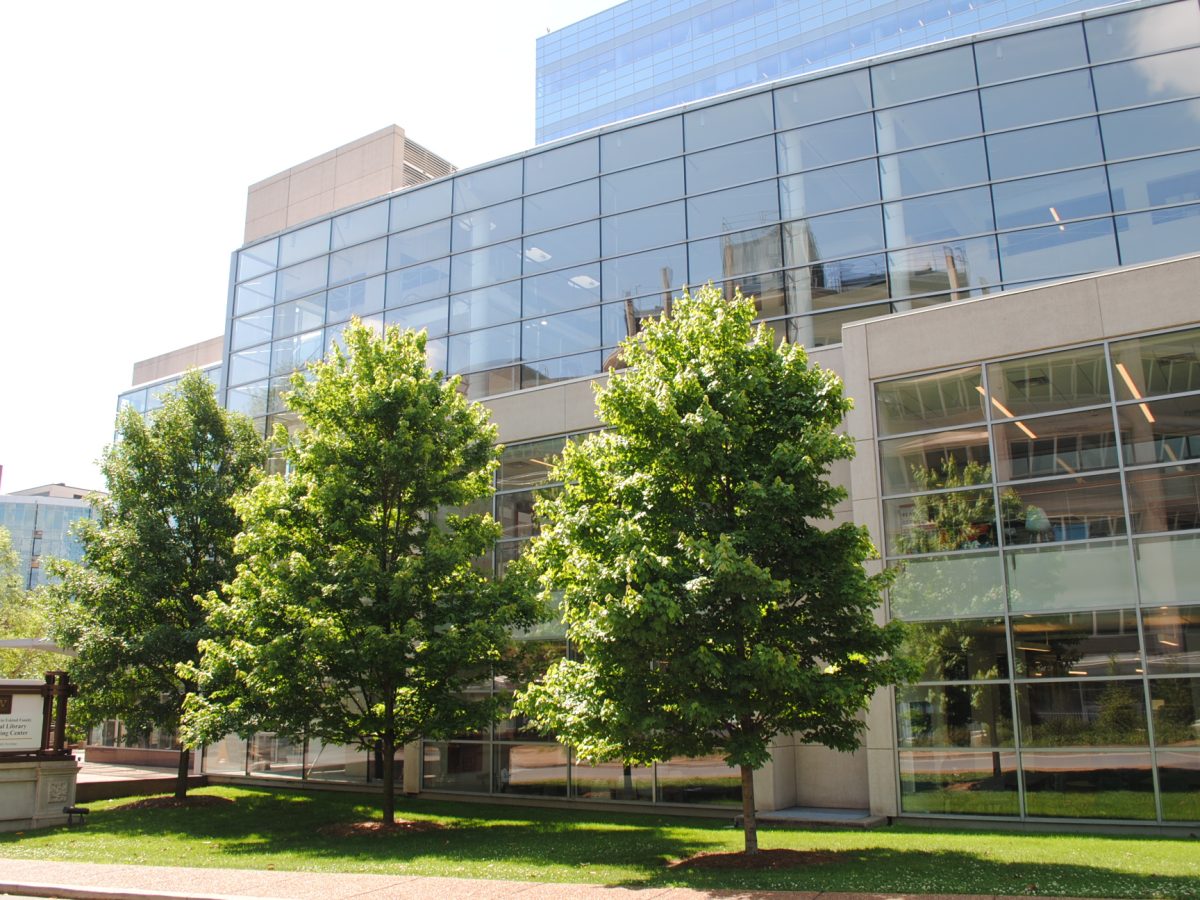Explore Our Curriculum Phases
Year 1
Foundations of Medical Knowledge
Case-based learning is the heart and soul of our 13-month preclinical phase, which features small-group case reviews and hands-on clinical practice.
Year 2
Foundations of Clinical Care
In each of the six core clerkships, you’ll be paired with an expert physician-educator who’ll train and assess you in one-on-one clinical situations.
Years 3-4
Immersion Phase
During this extended period of individualized learning, you’ll craft your schedule with a blend of experiences and explore areas most relevant to your career trajectory and interests.
The accelerated pre-clinical year, though challenging, allowed me to begin testing my ideal field of interest at an earlier stage in my medical education.
Long-Term Growth Experiences
Foundations of Physician Responsibility
Learn foundational skills that help build the bridge from the practical science you learn in class and clinic to the art involved in becoming an excellent doctor.
Medical Student Research
Weaving research into each year of study ensures you’ll develop the skills and experience needed to stay on the cutting edge of evidence-based practice.
Mentorship, Advising & Coaching
Our network of dedicated, expert faculty will push you to excel in medical knowledge, professional development, and preparation for future leadership while providing support every step along the way.
Your support team includes:
- College Mentors are dedicated faculty members who lead the advisory colleges and are always available to provide individual support.
- Portfolio Coaches assist you in becoming an expert learner who can critically appraise your own performance data and translate that data into an action plan for future learning.
- Clinical Preceptors and Master Clinical Teachers train you and provide one-on-one instruction in the clinical, clerkship, and immersion phases.
- Research Directors provide guidance and support, connect you with resources, collaborators, and experts, and provide feedback on your research.
- Specialty Advisors answer your career questions, provide advice for your chosen specialty, and help you achieve a successful residency match.
[At Vanderbilt] there’s a colleague-like nature with professors and college mentors. It’s not ‘you are the student; I am the teacher.’ Here it’s more like ‘I’m learning from you, you’re learning from me, we’re working together.
Unique Assessment & Evaluation System
- Our curriculum includes built-in opportunities for feedback from multiple sources, including competency-based feedback, narrative feedback, self-assessment, and peer feedback.
- During your clerkships and beyond, you’ll use our VITALS system to track your patient encounters and progress toward graduating with a well-rounded, holistic clinical medical education.
- Throughout your time at VUSM, you’ll have ample opportunities to provide feedback on the curriculum through regular surveys, course reviews, and program assessments, as well as by joining the Student Curriculum Committee or attending student and faculty summits.
Medical Scholars Program
The Medical Scholars Program gives you full funding to turn a research project into a year of uninterrupted biomedical research.
Graduate Certificates
The School of Medicine offers graduate certificate programs to MD students who wish to gain focused expertise in specific areas, such as Biomedical Ethics, Community Health, LGBTQ Health, or Neurodevelopmental Disabilities.
Medical Innovators Development Program
MIDP is a unique, 4-year MD track that trains future physician-innovators through design-thinking, clinical immersion, and hands-on industry experience—equipping graduates to lead in medicine and beyond.
